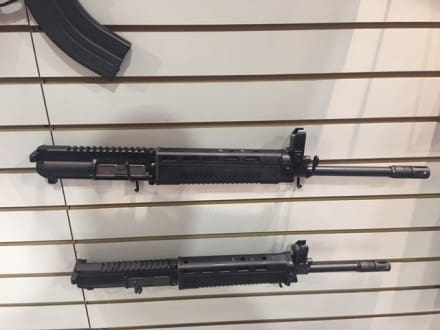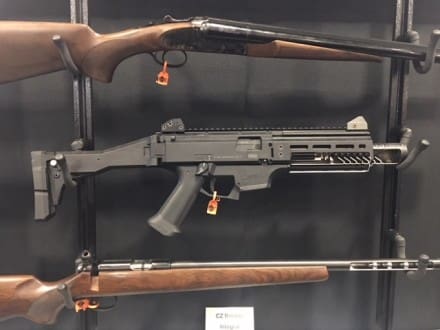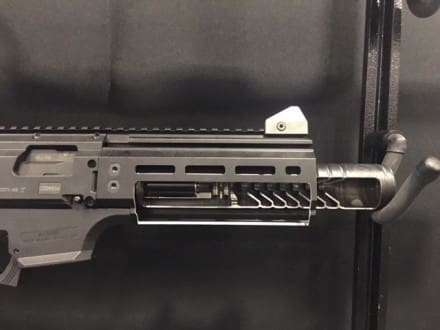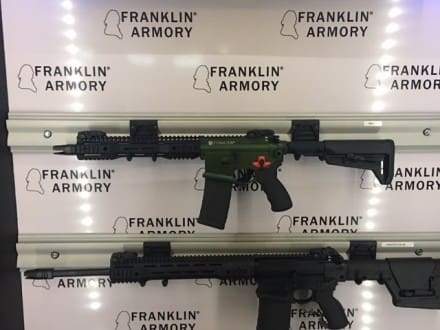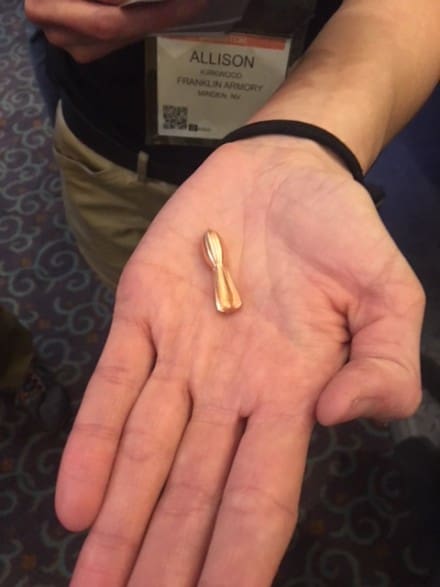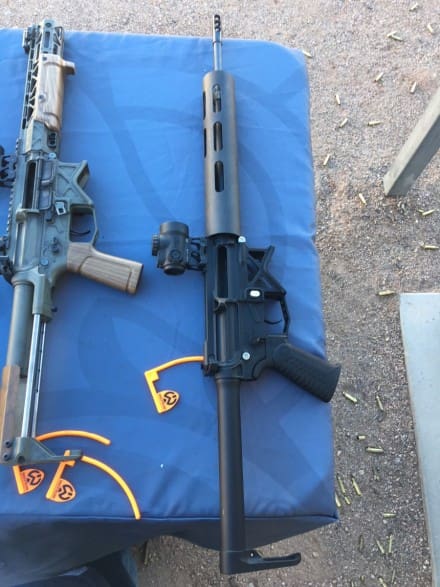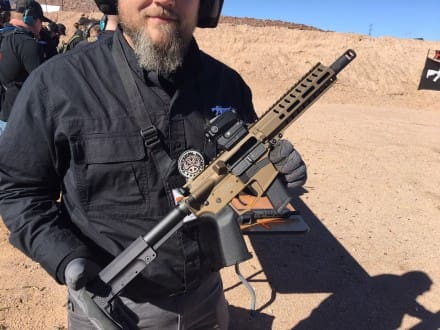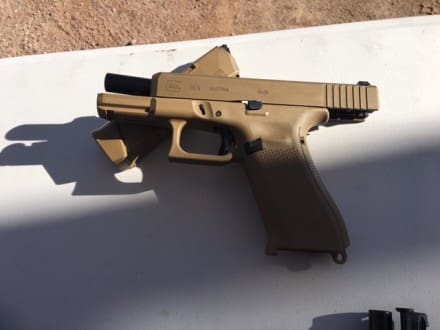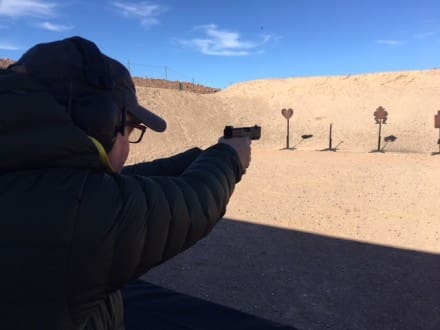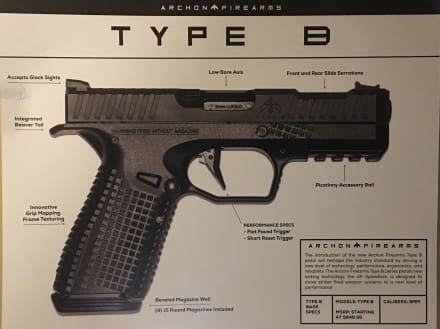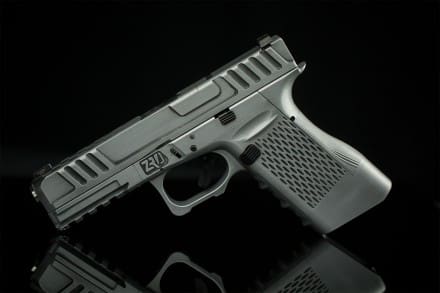
January 22, 2018 – Lubbock, TX – ZRODELTA is pleased to announce the Genesis Z9 as the world’s first completely modular pistol that will allow users to convert from compact to a full long slide race gun in seconds thanks to its Patent Pending design.
The Genesis Z9 frame is Billet 7075 Aluminum and is compatible with several common Glock® parts on the market. The Genesis will be offered in 9mm base models to include Compact, Service and Race (Long Slide), with additional parts available direct through ZRODELTA to give users the ability to easily reconfigure the pistol based on application.
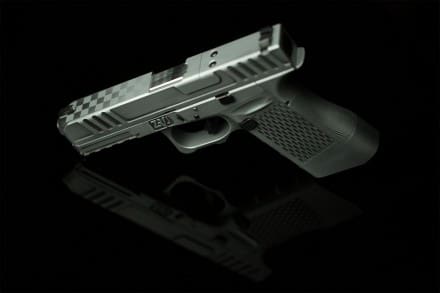
ZRODELTA will announce collaborations with key industry partners that will offer a multitude of parts accessories. These collaborations will ensure customers have a wide selection of customizable options from other respected brands in the industry.
“The Genesis is emblematic of a new perspective at ZRODELTA, one that seeks to develop the pinnacle of what a striker-fired pistol can be, and ought to be. The Genesis Z9 is more modular, ergonomic, accurate, cross-platform, and cross-application compatible than any other pistol of its kind. The depth and breadth of our property surrounding its utility is truly groundbreaking.” – Pat Harrigan
“The Genesis pistol platform allows the customer to build and customize their pistol to their comfort, environment and ability. Our team has effectively given users the ability to build on a “receiver” the perfect firearm much like they build an AR15.” – Clint Walker
“The Genesis pistol is the first product that shows our innovative ability. Extensive R&D, coupled with high quality precision machining, and testing, proves our ability to become a leader in this industry.” – John Birk
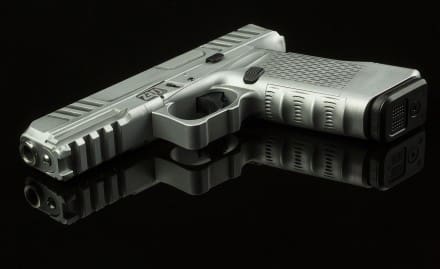
Stock Glock® parts that will work on every variation:
Gen 3 trigger packs
Gen 3 trigger housing
Trigger pin
Slide catch
Gen 3 Slide catch spring
Slide stop assembly
Trigger housing pin
Mag release spring
Glock/aftermarket magazines
Glock/aftermarket gen 3 slides
Glock/aftermarket slide internals
Sights
Proprietary for Compact variation only:
Barrel
Recoil spring
Proprietary parts for all configurations:
Mag release
Locking block
Locking block pin
RMR plate/Dummy plate (if using our slide)
Proprietary for Race (Long Slide) variation only:
Barrel
Recoil spring
Limited quantities of the Genesis are available immediately. ZRODELTA plans to ship the first production pistols beginning the end of Q2 with the ability to deliver 2,000 complete pistols per month thereafter.
Price: TBA

About
ZRODELTA is a U.S. based manufacturer of scope mounts, tripods, and other precision shooting accessories best known for its DLOC scope mounts, HEAD-S tripod shooting platform, and Cowl Induction Muzzle Break. ZRODELTA’s recent acquisition of Critical Capabilities and War Sport Manufacturing has expanded its ability to provide high-quality parts to large OEM, military, and retail customers across the world.
zrodelta.com


